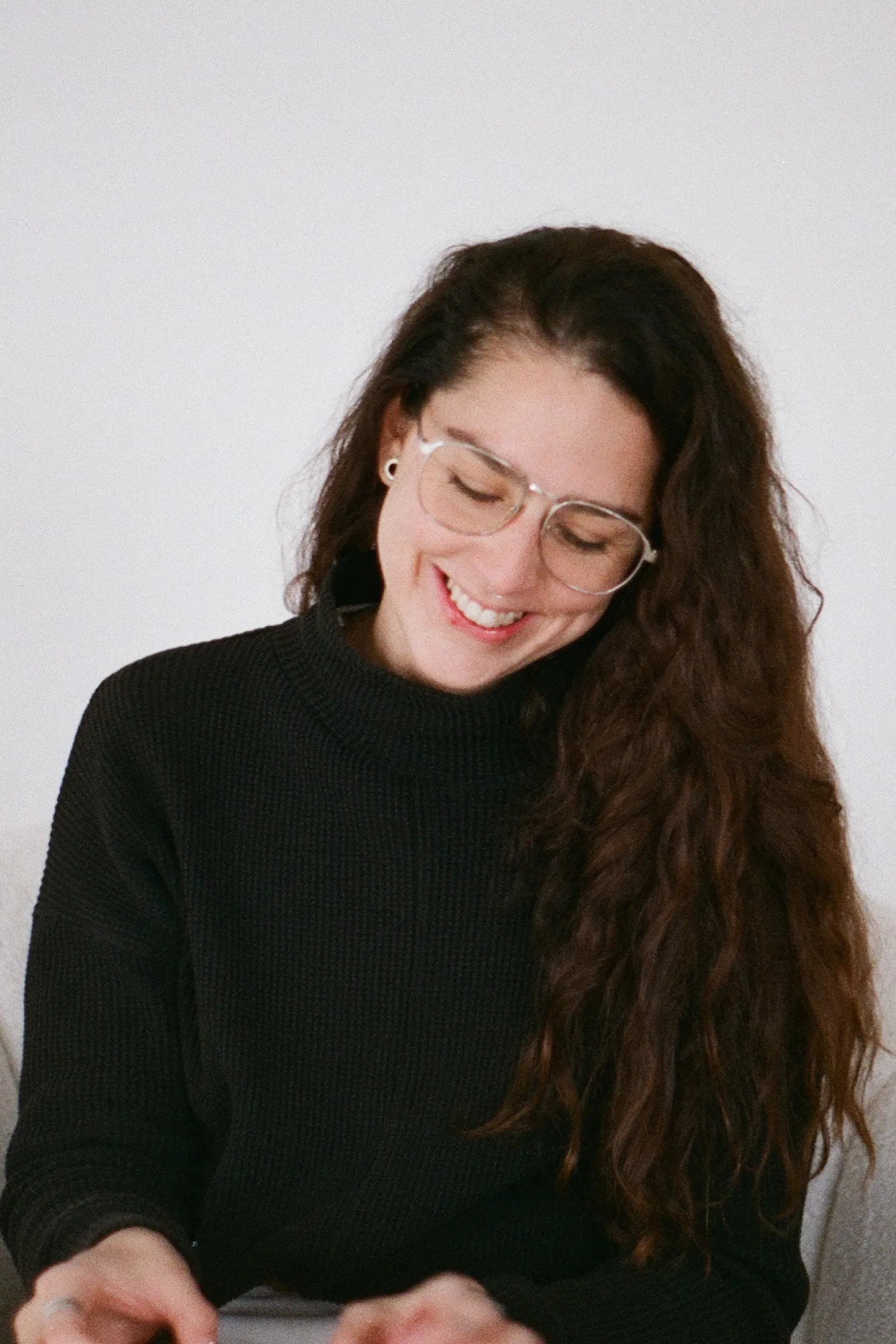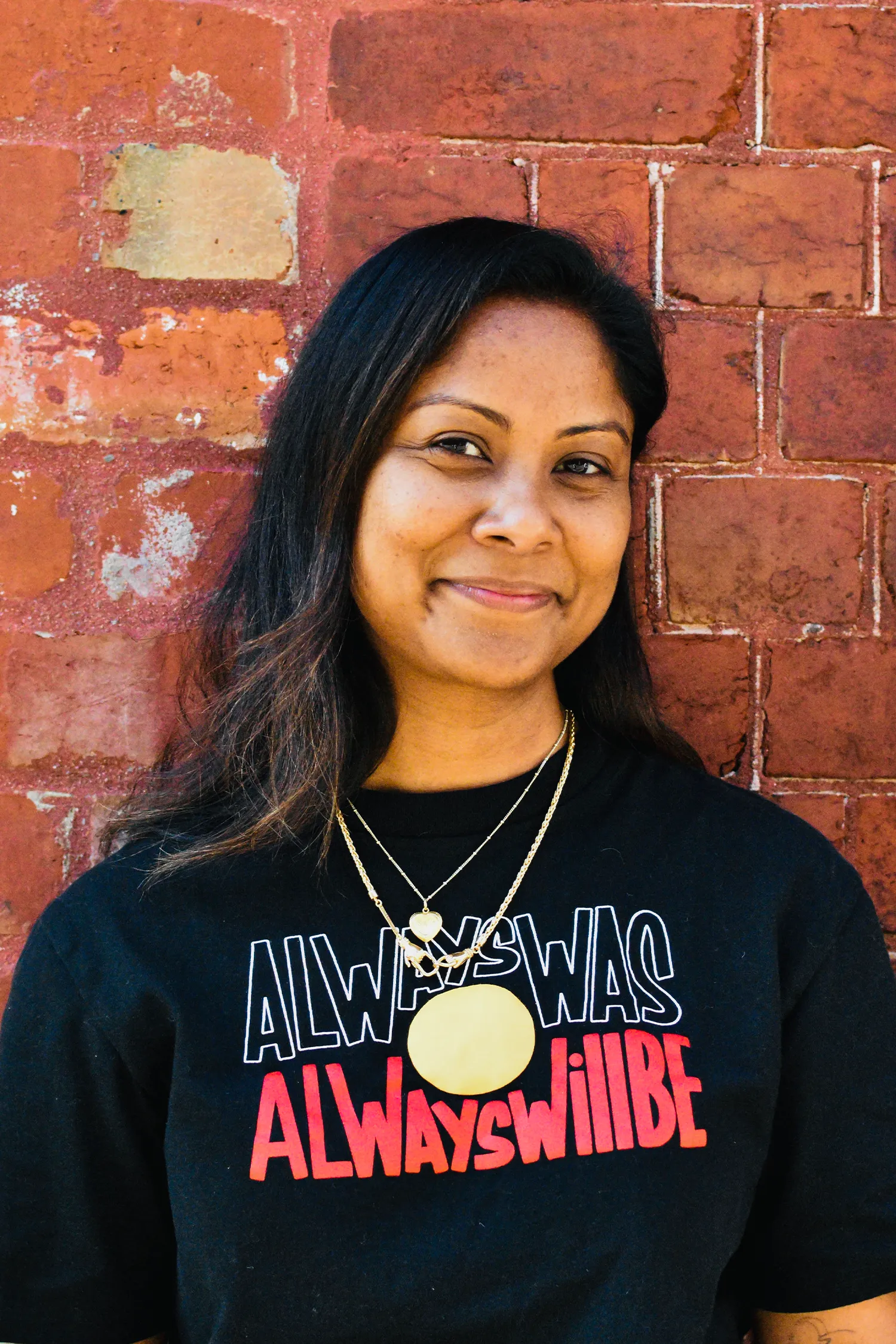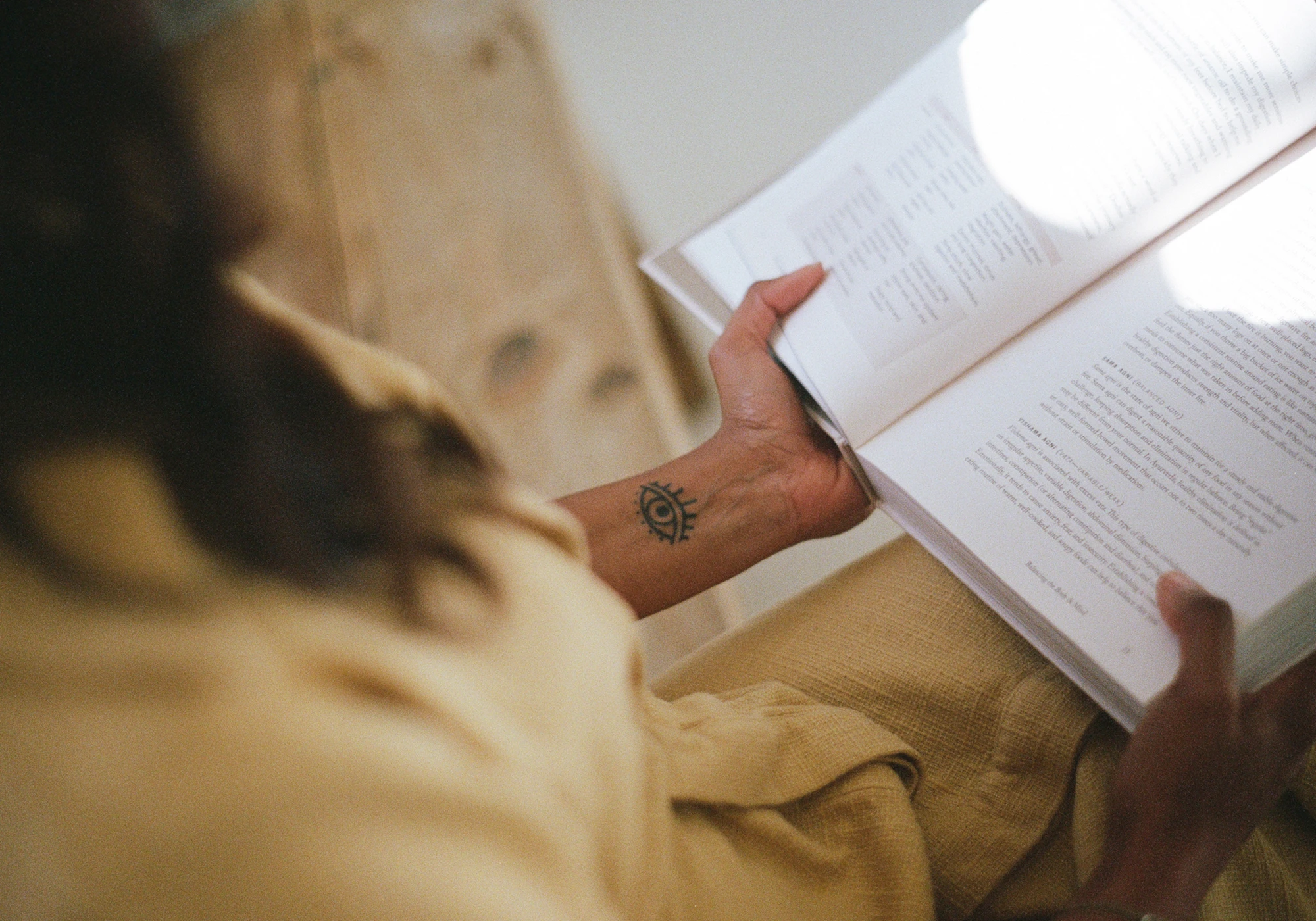
BEE MOHAMED unveils how her inner compass guided her purpose
Photography ANTONELLA MORELLI
Words BEE MOHAMED
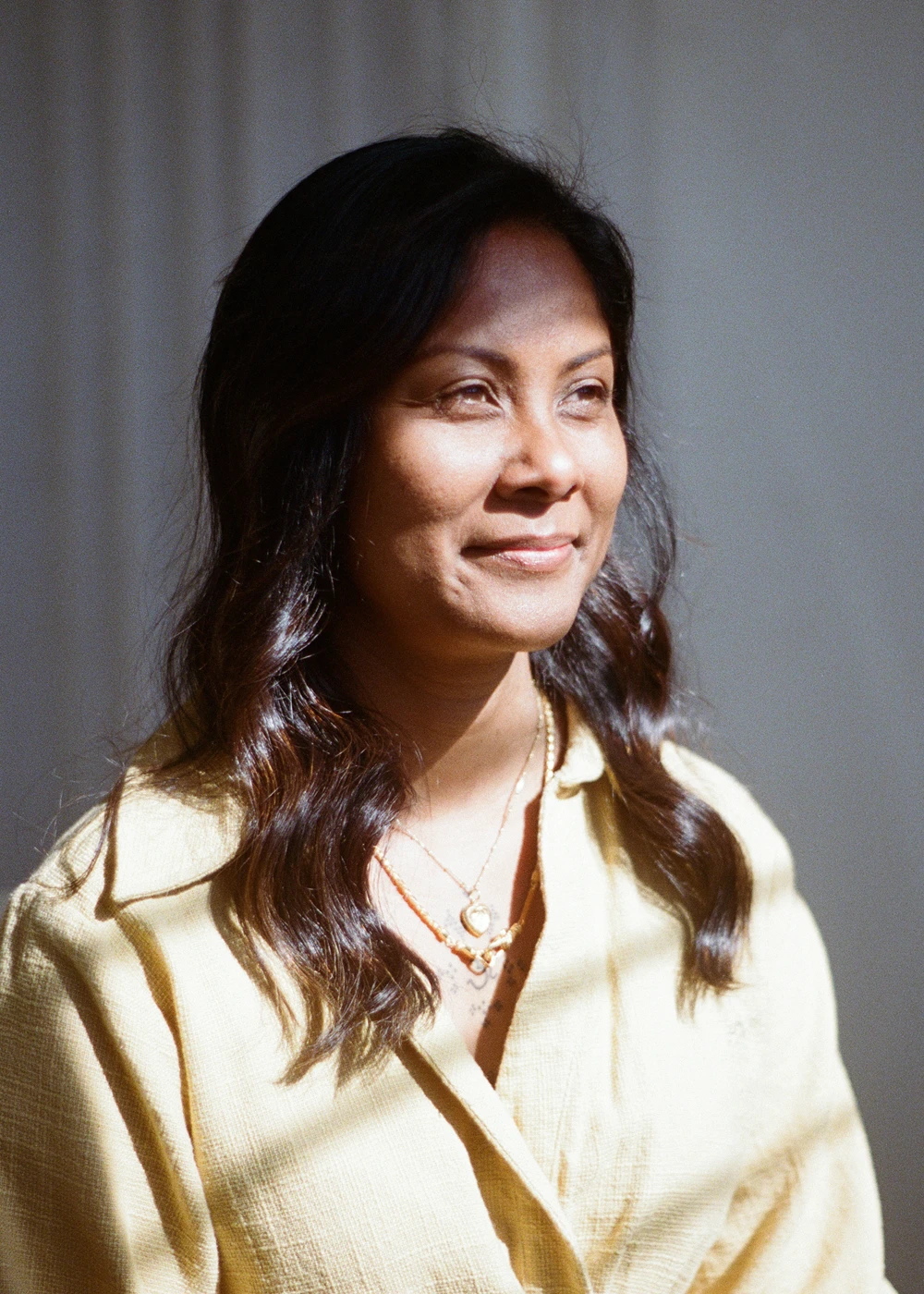
Bee has spent over 10 years in health policy, both in public and private sectors. In 2014, Bee Mohamed was the inaugural Chief Executive Officer of ScriptWise, a not for profit organisation dedicated to prevent the harms associated with prescription medication dependency and/or overdose. She placed this issue on the national health agenda, alongside families and individuals who have been personally affected. In the last 6 years, she has been in the medicinal cannabis industry, advocating to address systemic barriers that patients face in accessing their medicines. She is passionate about better drug policy reforms. Currently, she is pursuing a Bachelor of Laws and is an Ambassador for Harm Reduction Australia.

Bee Mohamed, April 2025:
From a young age, I knew my purpose in this world was to help others.
I was born and raised in Singapore, where arbitrary and unlawful execution (by death penalty) for drug-related offences continues. We learnt of the punitive drug laws in primary school, where drug use and/possession would mean you either end up in jail or dead.
I knew from a young age that this was inhumane, but of course my community was shocked by my opinions due to popular beliefs in Singapore that drug use or possession should be prosecuted.
My parents would agree that from a young age, I questioned everything – from the religion I was brought up with, cultural traditions and political systems. There was no doubt that I was always the ‘black sheep,’ non-conformist and odd one out. It was no surprise that I consumed cannabis as soon as I left Singapore, as an act of rebellion of course.
I migrated to Australia when I was 19, determined to make an impact in this world. I was always drawn to learning and reading about challenges facing the world – genocide, human trafficking, child soldiers, and the list goes on.
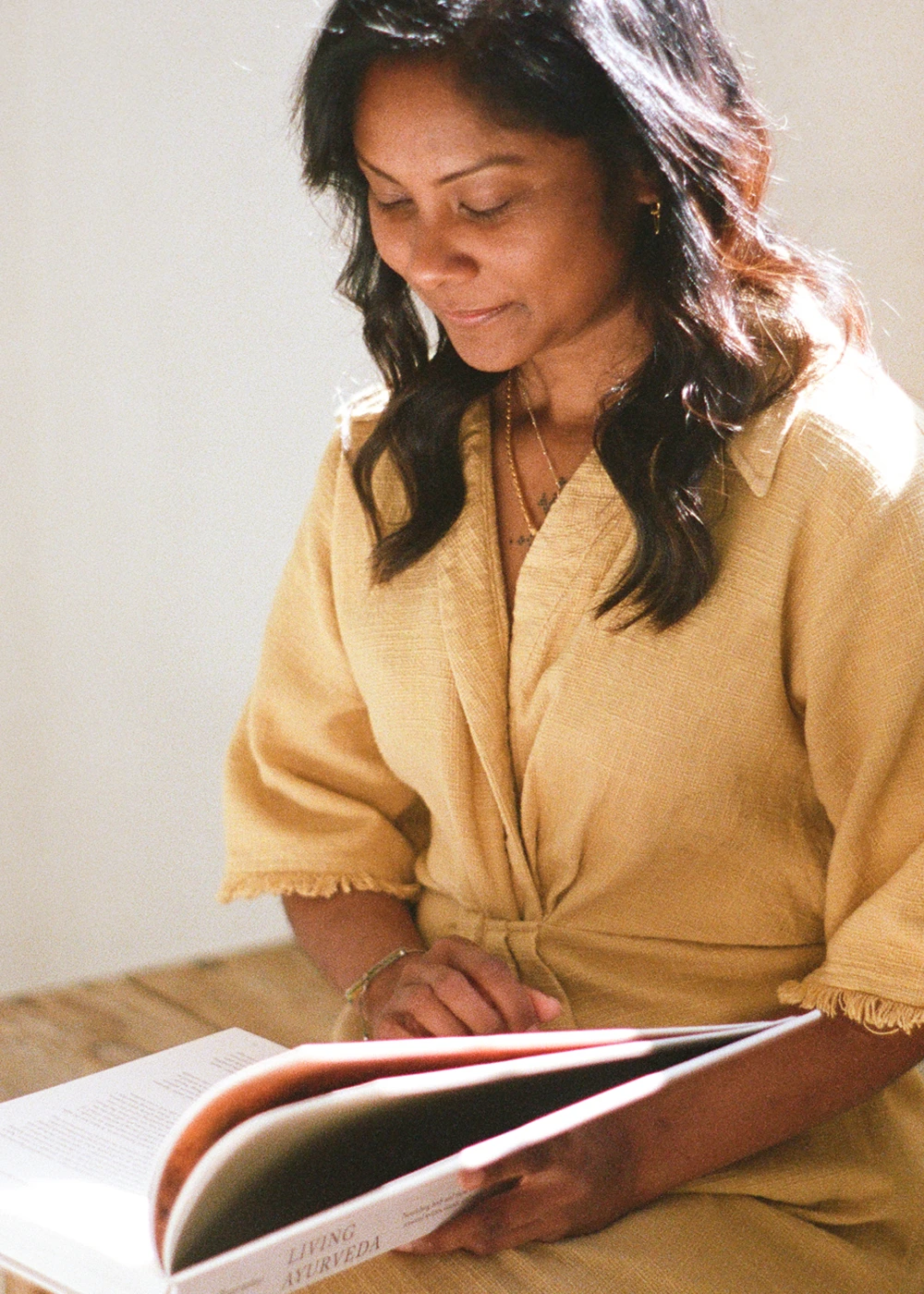
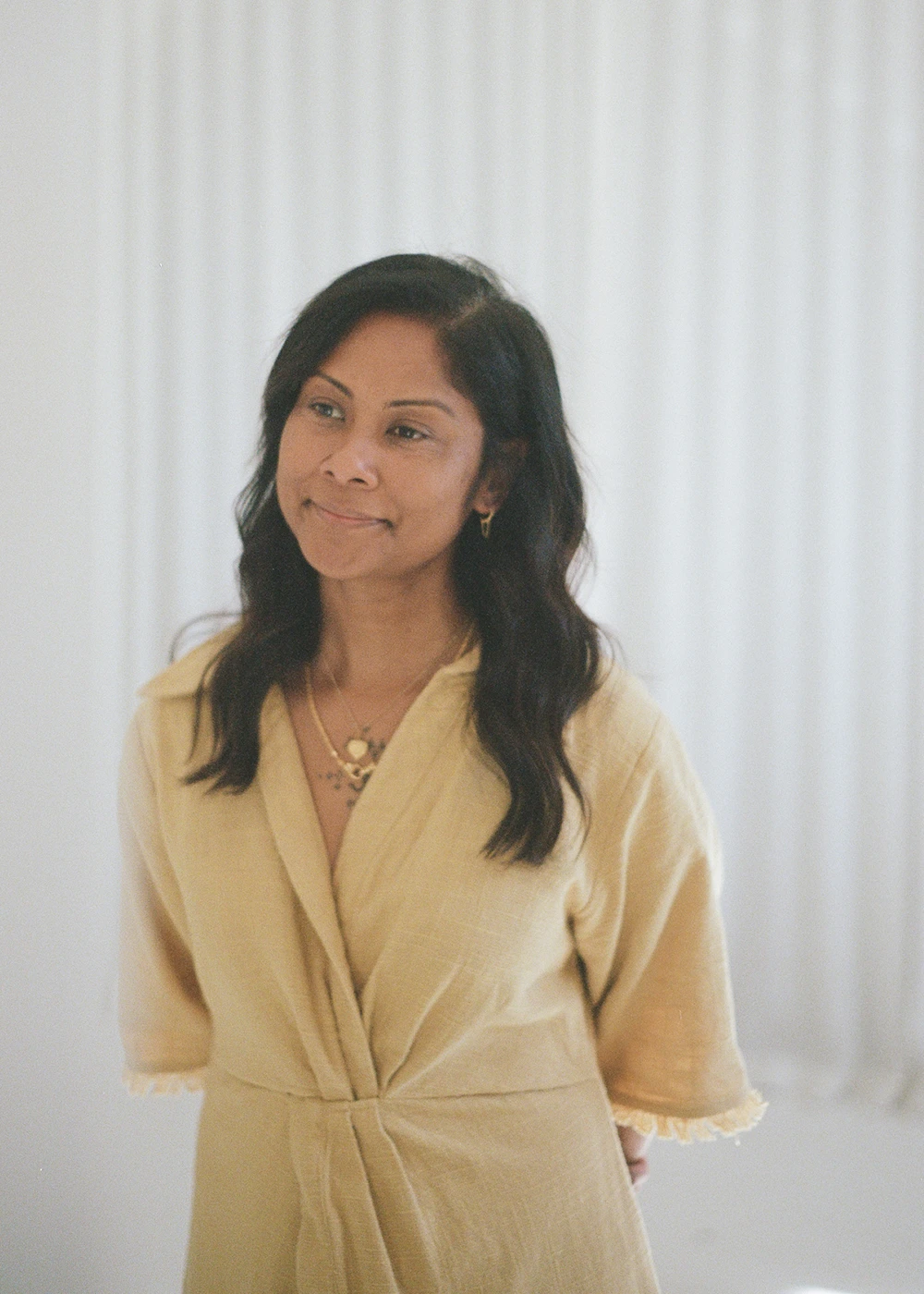
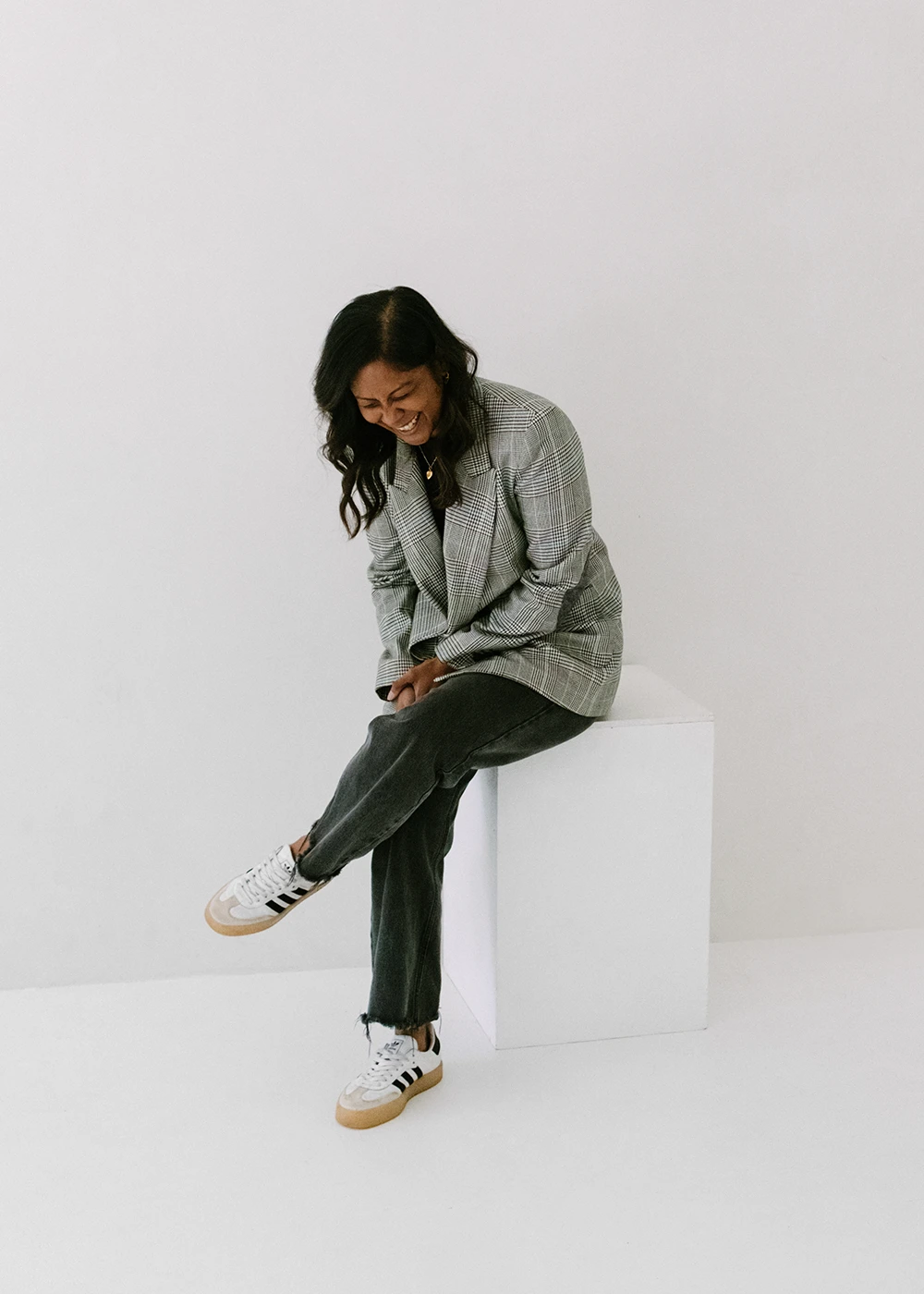
I wanted to be an international human rights lawyer. I volunteered in impoverished areas in Jakarta and taught English in Vietnam for children with HIV. I think we learn empathy naturally when we travel and encounter people in the real world.
When I arrived in Australia, I worked with asylum seekers who were detained on Christmas Island where I helped newly arrived refugees from war torn Sudan. It didn’t take me long to realise that injustice existed in our own backyard.
Injustice exists in our healthcare system and I ended up in policy work, focusing on health. It was when it took me almost 6 months to advocate for a medical transfer for a Tamil asylum seeker who arrived with an amputated leg that I then realised my passion was better rights and sovereignty within the healthcare system.
I spent my first few years as a graduate in the walls of Parliament House in Canberra when the Gillard Government brought in the National Disability Insurance Scheme in 2012. I worked as a Policy Officer and gathered stories of those who will be impacted by the scheme.
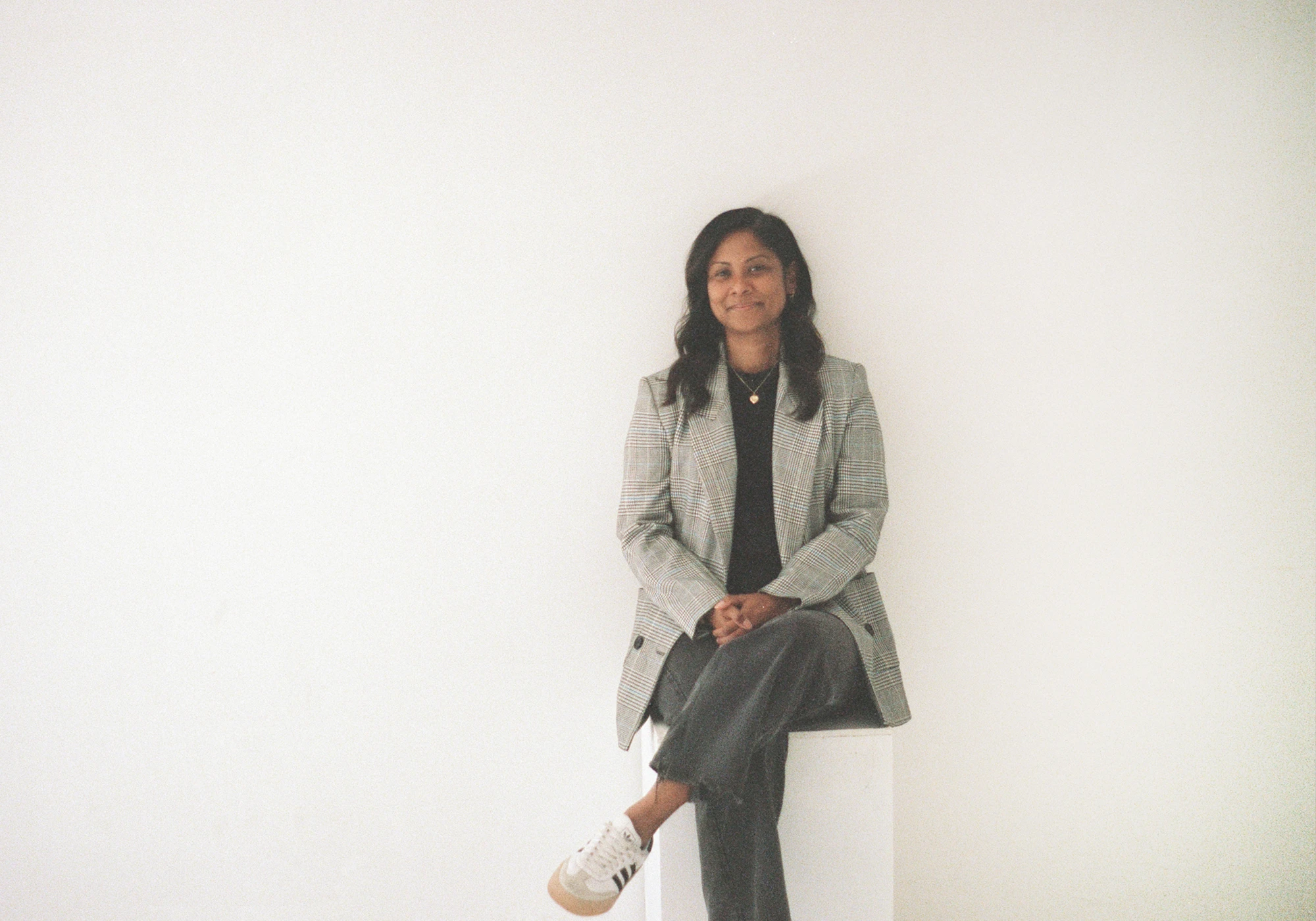
During this time, I was diagnosed with PCOS and suffered from debilitating pelvic pain. As I grew up without pharmaceuticals, cannabis became my medicine of choice as my time in the health space got me intrigued with ‘alternative medicine.’
My life has always been about activism and the biggest milestone was in 2018, when I advocated to the Federal Health Minister, and all State Health Ministers to address the devastating deaths from prescription drug misuse and overdoses.
I witnessed the rising number of deaths caused by prescription drugs. Coroners reports on my desk every week, highlighting polypharmacy that eventually led to overdose fatalities. Families writing to us after losing a family member to a prescription drug overdose. This experience showed me the current practices within the Australian healthcare system and led me to believe that the system was failing in critical ways.

In September 2019, I started in the medicinal cannabis industry after being approached by Canopy Growth Australia to work in their Government Relations team. Once again, the injustice within the healthcare system was evident.
Patients were not able to access a medicine that gave them a quality of life. Affordability was a huge barrier, and continues to be. Legally, patients are not able to drive while on their medications and at times, subject to the discriminatory workplace drug testing. We need to do so much more and this inspired me to start Mata, where I hope through the power of these stories, we are able to create change within the healthcare system, through sovereignty and vitality.
Purpose feels good, because it is not really about you. I believe it is about how we can be of service to others and the importance of speaking up against any injustice when we see it.
